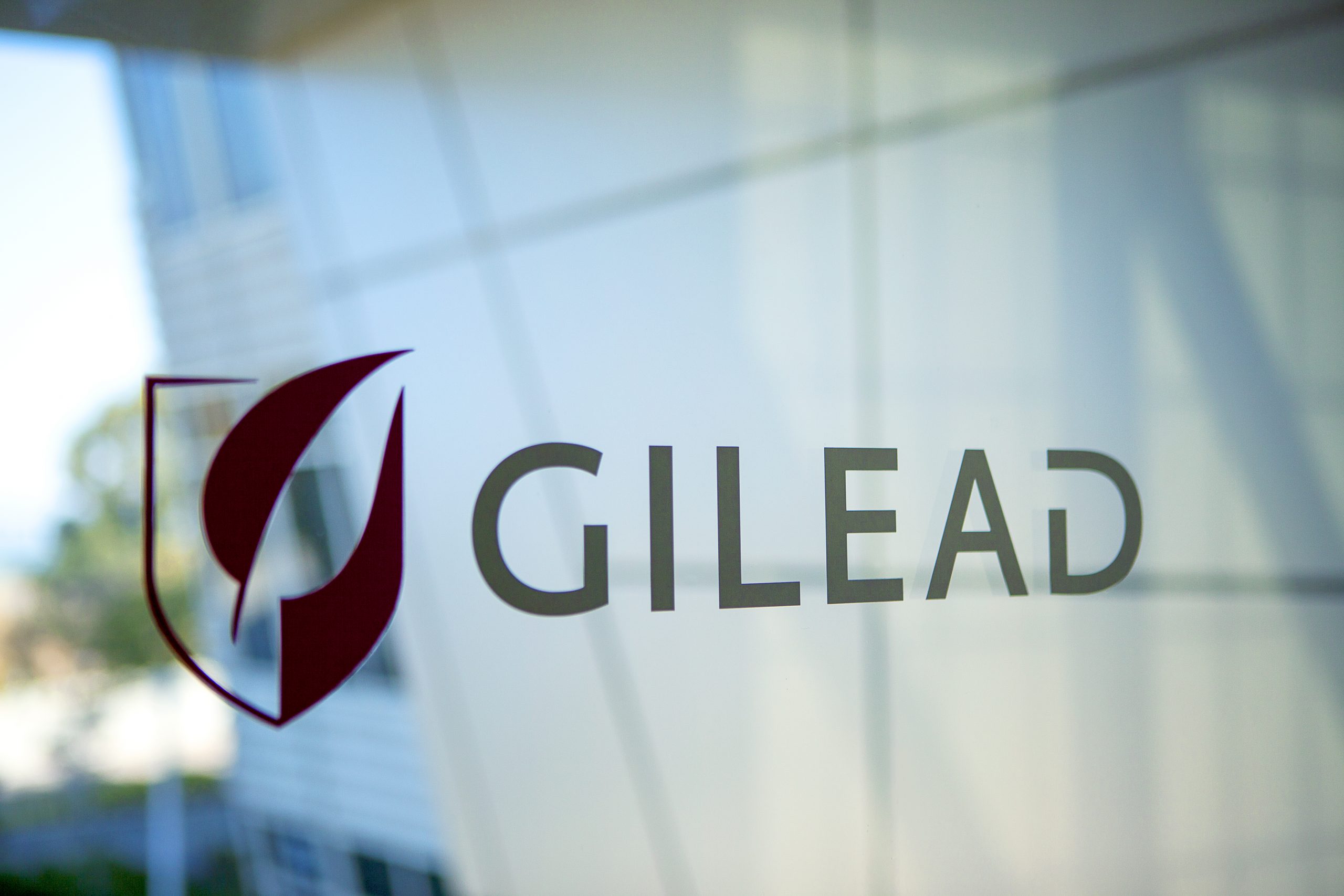Gilead and Galapagos shares hit as filgotinib disappoints

Gilead and Galapagos' late-stage trial of their ulcerative colitis drug filgotinib has hit its target – but shares in both companies were down after data suggested the drug may struggle for traction in a competitive environment should regulators approve it.
Shares in the Belgian biotech were down more than 7% following the announcement after a more detailed assessment showed unearthed concerns that the drug had not worked as well as expected.
Filgotinib is an oral janus kinase (JAK1) inhibitor, and could compete with Pfizer’s class rival Xeljanz (tofacitinib) if approved in ulcerative colitis, as well as injected anti-TNF drugs such as AbbVie’s Humira (adalimumab).
The FDA is already quickly reviewing it in rheumatoid arthritis and a decision is due any time soon after a filing in December, giving patients a new convenient pill option instead of cumbersome injections with blockbuster revenues as a possibility.
Investors had hoped that filgotinib would be able to outperform the field in ulcerative colitis, but unfortunately a close reading of the trial data suggested that filgotinib may not be the class of the field as previously hoped.
The 200 mg dose met all its primary endpoints but the 100 mg dose failed to induce clinical remission at week 10 in the placebo-controlled study, which tested filgotinib in untreated patients and those who had previously been treated with a biologic drug.
The companies are also looking at whether filgotinib can be used as a maintenance therapy and as such its safety profile will be very important as patients could be taking it for some time.
Pfizer’s Xeljanz has a black-box warning about an increased risk of pulmonary embolism and death that was added last year for the high dose used to treat ulcerative colitis patients.
While detailed findings have not been published results showed rates of serious infections, herpes zoster, venous thrombosis, pulmonary embolism and gastrointestinal perforation were low and comparable across treatment groups in both the induction and maintenance phases of the study.
The companies said that two deaths were observed in the filgotinib 200 mg treatment group in the maintenance trial.
One patient with pre-existing asthma died due to asthma exacerbation, and the second patient with pre-existing atherosclerosis died due to left ventricular heart failure per autopsy report. Neither death was assessed as related to study drug by the investigator.












